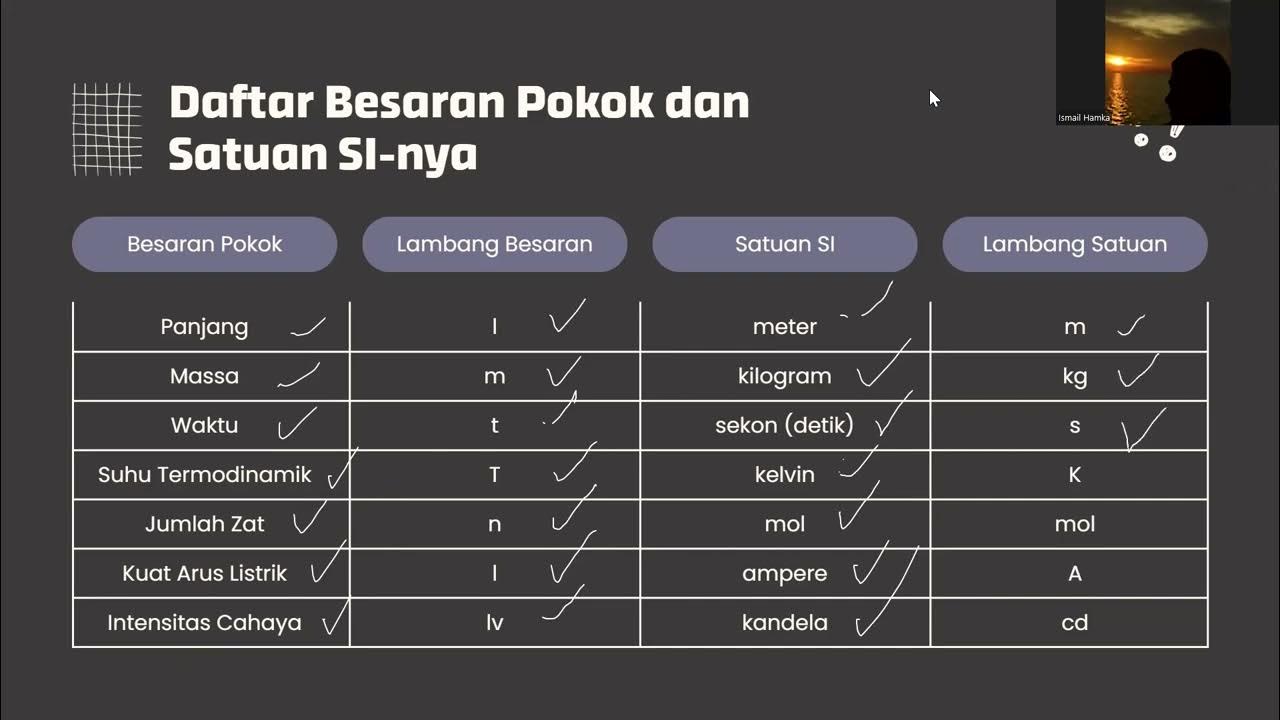O QUE É O MÉTODO CIENTÍFICO? Conheça a sua importância para a Ciência!
Summary
TLDRThis video introduces the concept of science, emphasizing its role in explaining the functioning of the universe through observation, measurement, analysis, and classification. The scientific method is highlighted as a set of rules designed to produce new knowledge and correct existing understanding. The importance of objectivity is stressed, with the aim to avoid subjectivity in research. The video also explains the process of scientific inquiry, from observation and question formulation to research and hypothesis development, sparking curiosity and encouraging critical thinking in scientific exploration.
Takeaways
- 😀 Science seeks to explain how things work and understand the natural laws of the universe.
- 😀 Scientists use observations, measurements, analyses, and classifications to understand facts.
- 😀 The scientific method is a set of rules for conducting experiments to produce new knowledge or correct existing knowledge.
- 😀 Science constantly questions and challenges existing knowledge to ensure progress.
- 😀 Subjectivity should be minimized in scientific work to ensure valid knowledge production.
- 😀 The scientific method begins with observation, where researchers study phenomena and gather questions about them.
- 😀 Observations relate to real-life occurrences, such as the color of the sky or the movement of leaves in the wind.
- 😀 Researchers organize questions based on observations, which guide further studies and experiments.
- 😀 Questions raised during scientific observation can lead to research aimed at understanding them more deeply.
- 😀 Hypotheses are formed as educated guesses about the answers to these questions, paving the way for further experimentation.
Q & A
What is science?
-Science is a type of knowledge that seeks to explain the functioning of things and the universe, and to understand the natural laws. Scientists conduct observations, verifications, measurements, analyses, and classifications to comprehend facts, which are then translated into statistical language.
What is the scientific method?
-The scientific method is essentially a set of rules for conducting experiments with the goal of producing new knowledge and correcting pre-existing knowledge. It aims to minimize subjectivity and ensure that knowledge production is valid.
Why is subjectivity avoided in science?
-Subjectivity is avoided in science because it refers to personal judgments or interpretations, which can vary from person to person. The scientific method aims to minimize this to produce objective, valid knowledge.
What role do curiosity and questioning play in science?
-Curiosity and questioning are central to science. Scientists are inherently inquisitive and always ask questions to explore the unknown and challenge existing knowledge.
What is the first step in the scientific method?
-The first step is observation. This involves observing an object or phenomenon and considering how it relates to reality or nature. For example, noticing that the sky is blue or that things fall.
How does a researcher organize their observations?
-A researcher organizes their observations by listing essential questions about what they have observed. These questions will guide further studies and investigations.
What kind of questions are posed during the observation phase?
-Questions posed during the observation phase might include: Why is the sky blue? What causes things to fall? Why does the wind move the leaves? What makes my chest rise and fall when I breathe?
What are hypotheses?
-Hypotheses are educated guesses or proposals about the potential answers to the questions raised during the observation phase. They are formed based on existing knowledge or previous research.
What is the purpose of research in the scientific method?
-The purpose of research is to understand what is already known about a subject, which helps in formulating hypotheses and guiding the investigation into the unknown.
What happens after forming a hypothesis in the scientific method?
-After forming a hypothesis, experiments are conducted to test it. The results of these experiments either support or refute the hypothesis, leading to new knowledge or corrections of existing knowledge.
Outlines

This section is available to paid users only. Please upgrade to access this part.
Upgrade NowMindmap

This section is available to paid users only. Please upgrade to access this part.
Upgrade NowKeywords

This section is available to paid users only. Please upgrade to access this part.
Upgrade NowHighlights

This section is available to paid users only. Please upgrade to access this part.
Upgrade NowTranscripts

This section is available to paid users only. Please upgrade to access this part.
Upgrade NowBrowse More Related Video
5.0 / 5 (0 votes)





